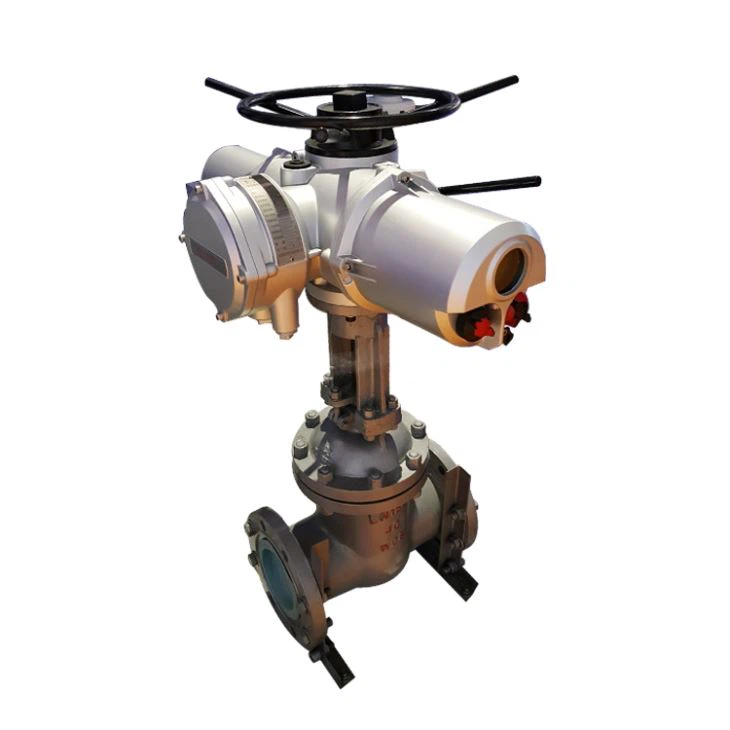Control valves play a vital role in industrial systems. They manage the flow, pressure, and temperature of fluids, making processes stable and efficient. As industries expand or shift production levels, the ability to scale operations and adapt quickly becomes essential. Control valves enable these adjustments without needing to overhaul the system. By ensuring accurate control and real-time responsiveness, they support industries in meeting changing demands while maintaining consistent output and safety.
Scalability Made Easy with Control Valves
Scalability refers to the ability of an industrial system to handle increased loads or expand operations. Vincer control valves are designed to respond to these demands without compromising performance. Key benefits for scalability:
- Precise Flow Control: Allows for gradual increases or decreases in flow based on production needs.
- Automation Compatibility: Integrates with control systems for smooth, automated scaling.
- Wide Range of Sizes and Types: Suitable for both small setups and large, complex plants.
- Pressure Regulation: Maintains stability as input and output levels shift.
By using control valves, companies can expand production lines or add new processes while ensuring consistent operation.
Adaptability Across Different Processes

Industrial processes often vary depending on the type of product, material, or batch size. Control valves help facilities quickly adapt to these changes without manual intervention and control valve should always be in what position. Advantages for adaptability:
- Multi-Process Handling: Control valves can adjust to various media types, including liquids, gases, and slurries.
- Remote Control and Monitoring: Operators can reconfigure processes without being on-site.
- Temperature and Pressure Adjustments: Easily switch between process settings with high precision.
- Real-Time Response: Rapid adjustment based on feedback from sensors and control systems.
This level of adaptability reduces downtime and increases efficiency, especially in industries like chemical processing, oil and gas, and food manufacturing.
Supporting System Integration and Optimization
Modern industrial systems require components that work together efficiently. Control valves support integration with digital systems and industrial IoT platforms. Highlights include:
- Data Collection: Valves equipped with smart sensors provide real-time performance data.
- Predictive Maintenance: Early warning signals reduce unexpected breakdowns.
- Energy Efficiency: Optimized flow reduces energy waste and costs.
- Customization Options: Valves can be configured for specific tasks and integrated seamlessly.
These features contribute to smoother operations and support long-term business growth.
Final Thoughts
Control valves are essential tools for improving scalability and adaptability in industrial environments. They help businesses grow and adapt without major disruptions. With precise control, integration features, and automation support, control valves ensure that industrial processes remain efficient, responsive, and future-ready.
- Control valves allow systems to scale up or down efficiently.
- They adapt to different materials, temperatures, and pressures.
- Integration with automation boosts responsiveness.
- Features like smart sensors support optimization and maintenance.
Investing in quality control valves is a strategic decision for industries looking to remain competitive, flexible, and resilient.

